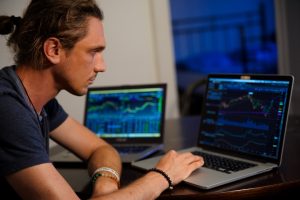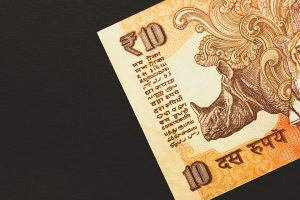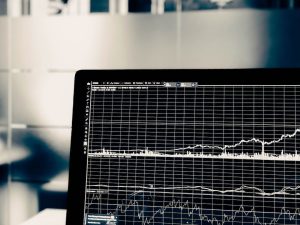The foreign exchange market, also known as the forex market, is the largest financial market in the world. It is a decentralized global market where currencies are traded. In 2017, the forex market had an average daily turnover of $5.1 trillion, making it the most liquid market in the world.
The forex market is open 24 hours a day, five days a week, which means that traders can trade currencies at any time of the day or night. This is because the forex market is global and operates in different time zones. The market is open when the banks in the major financial centers around the world are open.
The forex market is a decentralized market, which means that there is no central exchange. Instead, currencies are traded electronically between banks, financial institutions, and individual traders. The forex market is also an over-the-counter (OTC) market, which means that trades are not conducted on a centralized exchange.
The forex market is the largest market in the world because it is the market where foreign currencies are traded. The volume of currency transactions in the forex market is much larger than the volume of transactions in any other market. The forex market is also highly liquid, which means that traders can easily buy and sell currencies without affecting the market price.
The forex market is also highly volatile, which means that the value of currencies can fluctuate rapidly. This volatility creates opportunities for traders to make profits by buying and selling currencies at the right time. However, it also creates risks for traders, who can lose money if they make the wrong trading decisions.
The forex market is driven by a variety of factors, including economic news, political events, and market sentiment. Traders need to stay up to date with these factors in order to make informed trading decisions. They also need to have a good understanding of technical analysis and fundamental analysis.
There are several different types of traders in the forex market, including institutional traders, retail traders, and algorithmic traders. Institutional traders are large financial institutions, such as banks and hedge funds, that trade currencies on behalf of their clients. Retail traders are individual traders who trade currencies for their own accounts. Algorithmic traders use computer algorithms to make trading decisions.
In conclusion, the forex market is the largest financial market in the world, with an average daily turnover of $5.1 trillion in 2017. It is a decentralized market where currencies are traded electronically between banks, financial institutions, and individual traders. The forex market is highly liquid and highly volatile, which creates opportunities for traders to make profits but also creates risks. Traders need to stay up to date with economic news, political events, and market sentiment in order to make informed trading decisions.






